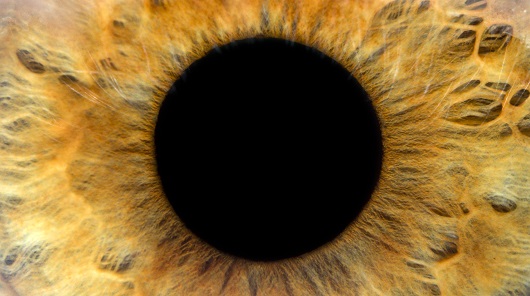Ophthalmology is extremely well represented all over the world. However, in spite of dramatic technical improvements, blindness is still a major problem for millions of people. On the one hand, the inhabitants of many countries do not have the opportunity to have their sight cared for or restored; there are even several small countries with no practising ophthalmologists at all. The International Council of Ophthalmology (ICO), with its 20/20 project, is trying hard to improve ophthalmic care all over the world, as well as improving the education of local doctors. On the other hand, even sophisticated diagnostic and treatment modalities cannot yet eliminate severe visual impairment in several diseases that are common in developed as well as in developing countries. Consequently, age-related macular degeneration (AMD) is still the first cause of severe visual impairment. It is not possible to prevent this disease with the use of anti-oxidating substances, as the point at which these treatment should be started is not known; theoretically, they should be used from childhood. New avenues for the treatment of AMD have been opened based on anti-angiogenetic substances; however, unfortunately they are not useful for atrophic forms and their side effects still need to be elucidated.
Glaucoma, which is endemic in several regions, can be fought only by lowering intraocular pressure. Other forms of treatment, such as the use of neuroprotecting agents, require further validation. Diabetic retinopathy can be handled these days with enormous benefits for patients. Nevertheless, the efficacy of juvenile diabetes treatment, by prolonging the life expectancy of patients, has led to an increase in severe ophthalmic complications. Anterior segment surgery nowadays provides dramatic results with very low morbidity: in the case of cataract surgery, patients are practically able to drive home immediately after the procedure. This type of simplification – often encouraged by surgeons – should not detract attention from possible postoperative complications such as endo-ophthalmitis and retinal detachment. Luckily, the latter is extremely rare, but its immediate detection has an enormous impact on final functional results. The eye surface is an area in which fascinating new information has been collected, including on the role of tears. Amblyopia still affects 2% of the population. Its prevention or early treatment would be an excellent social investment, considering that today’s children have a life expectancy of 80 years; however, only a few countries, among them the Scandinavian countries, offer this service to their populations.
Ophthalmology is a mixed medico-surgical speciality. In recent years, the surgical aspect has been pushed forwards, both because of technological improvements and for budgetary reasons. Cataract and refractive surgery keep a large percentage of ophthalmologists busy. Retinal surgery requires higher investment in both personnel and equipment. Despite high costs, visual results are often questionable, particularly in macular pathologies. As a consequence, there are more and more gaps in education and practice in medical ophthalmology, for example in uveitis, neuro-ophthalmology and eye involvement in systemic diseases.Even paediatric ophthalmology is having staffing difficulties; however, its strong links to strabismus surgery guarantee its survival.
In order to meet the needs of the people, ophthalmology ought to spend its energies in establishing guidelines not only for the appropriateness of diagnostic and surgical procedures, but also for providing standardised quantitative elements that would make the diagnosis and treatment of pathological conditions rational, useful and economically acceptable. Today, the best ophthalmology can do is to aid prevention, early diagnosis and appropriate treatment. It should tap into institutional and private sources in order to obtain financing for research devoted to the understanding of disease mechanisms. It is hoped that multidisciplinary research will elucidate the origin of eye diseases, with the dream of eliminating them for ever.
European Ophthalmic Review closely examines many of the issues and developments most salient in ophthalmology. I hope that it proves a valuable and informative read.















